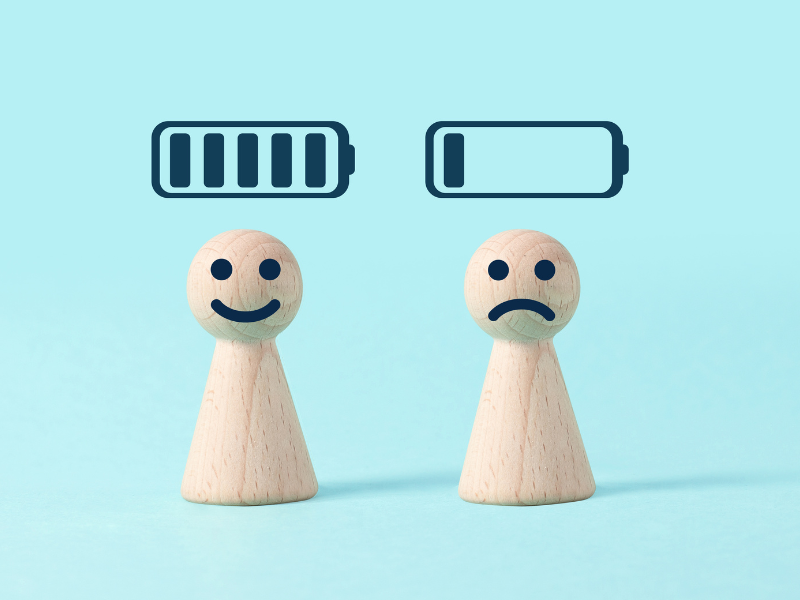From the Locker Room to the Boardroom
Why Recovery Is the Missing Piece in Corporate Performance ?

In high-level sports, recovery is no longer an option; it is an essential pillar of performance. Elite athletes know that intensive training does not guarantee better results; their programs are now built around sleep, rest, and active recovery.
In business, there is a real lag: many employees view fatigue as a sign of commitment. We admire emails sent at midnight and glorify the “hustle.” Yet the economic cost is tangible. Each year, unmanaged stress at work results in approximately $6.5 billion in lost productivity. This loss occurs in two ways: approximately $5 billion (77%) comes from presenteeism, i.e., workers who are present but unable to perform optimally due to stress, and $1.5 billion (23%) comes from absenteeism, when staff are absent due to stress. This approach undermines productivity, decision-making quality, and long-term mental health.
The science of workplace performance
Sleep and recovery are not luxuries: they are genuine performance enhancers.
- Cognitive clarity: a rested mind processes information up to 40% faster and solves problems more effectively.
- Emotional intelligence: good sleep enhances empathy, patience, and emotional stability—key qualities for leadership.
- Sustainable energy: regular recovery prevents burnout.
What businesses can learn from sports
Elite athletes follow a simple rule: train hard, recover even harder. Every effort is balanced by planned rest time: optimized sleep, proper nutrition, or recovery days.
Imagine if companies adopted the same approach:
- After an intense project phase, teams could benefit from “strategic recovery days” to refocus, reflect, and realign.
- Managers could evaluate performance not by the number of hours worked, but by the sustainability of results.
- Leaders could normalize discussions about sleep hygiene, just as we do for mobility or nutrition in athletes.
Changing the culture
The taboo surrounding recovery in the workplace stems from a deeply rooted belief: the idea that rest is a sign of weakness. In reality, the opposite is true.
In sports as in business, those who recover best perform best.
Today, as organizations must constantly innovate and adapt, human performance—more than technology—is becoming the ultimate competitive advantage. This starts with a culture where sleep and recovery are seen as strategic levers, not personal privileges.
In conclusion
The future of high performance, whether in sports or at work, belongs to those who understand a simple truth: recovery is not the absence of work, it is the foundation of excellence.
Promoting recovery spaces and practices at work is a real lever for success for companies: an investment in sustainable performance, team commitment, and the long-term health of the organization.
In sports as in business, success is not only measured by the strength with which we move forward… but by the quality with which we recover.